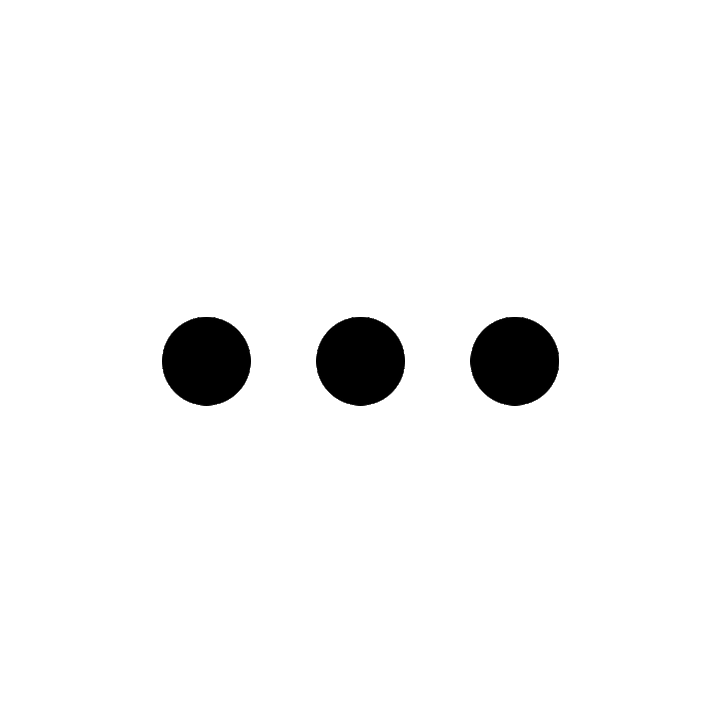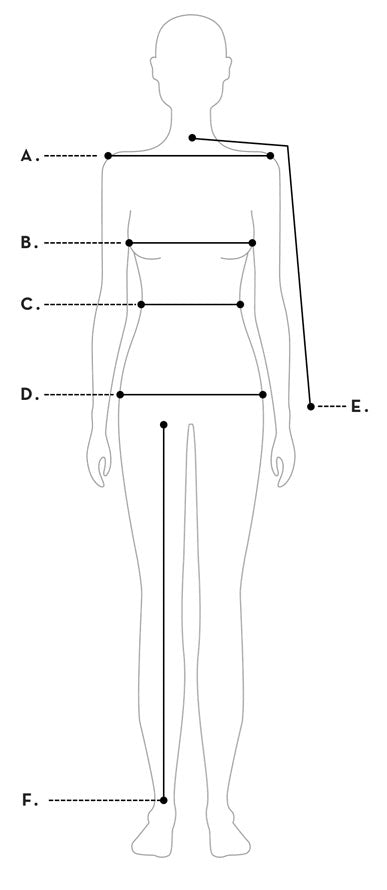Breast Cancer Alliance
Breast Cancer Myths & FactsWhen it comes to Breast Cancer Awareness, we all know the importance of scheduling a yearly mammogram for women over the age of 40. (Friendly reminder: If you haven’t already, make that appointment—stat.) But beyond that, what’s next? There’s a lot of information out there to parse—when does it become invasive, what role does genetics play, if you eat healthy and exercise, you're fine, right?
Here, we talk to Yonni Wattenmaker, Executive Director of the Breast Cancer Alliance, our #VBGIVESBACK partner dedicated to improving survival rates and quality of life for those impacted by breast cancer. She breaks down the myths of breast cancer and reveals the crucial information you need to know.

Q&A
1. Breast cancer does not have to run in your family history for you to be diagnosed. More than 85% of breast cancer cases are not genetic. For women, this means you should start annual mammograms at age 40, but if there is a history of breast cancer in your family, you should start screening 10 years before if an immediate relative was diagnosed. Meaning, if your mother had breast cancer at 32, you should talk to your doctor about starting screening at 22.
2. Ask for an ultrasound or MRI, if you have dense breasts—most insurance companies will cover this. Breast density has nothing to do with size or weight, but it does make it harder to see any developing cysts or tumors on a mammogram. If you don't know if you have dense breasts, ask your doctor after your next mammogram. You can't tell by feel or look.
3. Breast cancer does not discriminate—it doesn't care how old you are, where you're from or your gender. People used to think breast cancer was a disease that their mothers or grandmothers got; that's not the case. You can get breast cancer in your teens, twenties or thirties. You can be a man and get breast cancer. Breast cancer doesn't stop for COVID; it doesn't stop for a hurricane or a war. It affects everybody. We're all in this together. The best thing you can do is to be your own advocate. Take those self-breast exams seriously, because they can save your life. The second something looks or feels different, take action. If breast cancer is detected early, the five-year survival rate is 90%.
That's a good question. I do think education helps—people are more aware and can catch it earlier. People who live in high-stress environments are often diagnosed with breast cancer. Pregnancy can also exacerbate a hormone-positive breast cancer. Obviously, that's not to say everyone who gets pregnant or experiences high levels of stress will develop breast cancer, but those can be contributing factors. But that's the challenge with breast cancer. While we have the common-sense advice about a healthy lifestyle—no smoking, limiting alcohol, engaging in physical activity, following a plant-based or Mediterranean-style diet—nobody is certain about the triggers or how to prevent it. That's why we're so committed to research. We're funding the science to figure it out.
That family history is the biggest indicator. If you have a direct relation, like a parent or sibling, who has had breast cancer, your odds certainly tend to go up. But just because no one in your family has had it doesn't mean you won't either. That's why education and being diligent with your screenings matter, in addition to living as healthy a lifestyle as you can. Stress is a part of life, but we can all benefit by finding healthy tools to help us manage it.
“The best thing you can do is to be your own advocate. Take those self-breast exams seriously, because they can save your life.”
When researchers come up with an innovative idea, the larger corporate or government funders need them to prove it can be done before they receive funding. We step in like a scientific venture capitalist, if you will, with our committee of scientists who review the researchers' proposal, and vet them for innovation, viability and potential impact. BCA has funded some of the most innovative breakthroughs in early-stage cancer. We also foster new talent by investing in breast surgery fellowships, which attract highly skilled doctors to the field. We also enable underserved patients to gain access to early detection, prevention and breast health care support. Education and outreach is core to BCA.
That goes back to your question about misconceptions. Breast cancer is not a singular disease; it’s a variety of different cancers that originate in the breast. There are different types, different stages… The reason there is no cure yet is because there is not one disease to target. For example, HER2+ breast cancer used to be the most deadly breast cancer, but now it’s one of the most treatable forms because of a drug called Herceptin. And everybody is different. Two patients can be given the same diagnosis but, because of their physical makeup or genetic factors, their experiences can differ entirely.
I've been with BCA for 11 and-a-half years and what continues to amaze to me are all the women who come together to give back. Whether they have had breast cancer themselves or someone they love has had it, they want to make a difference. And that gives me hope.

